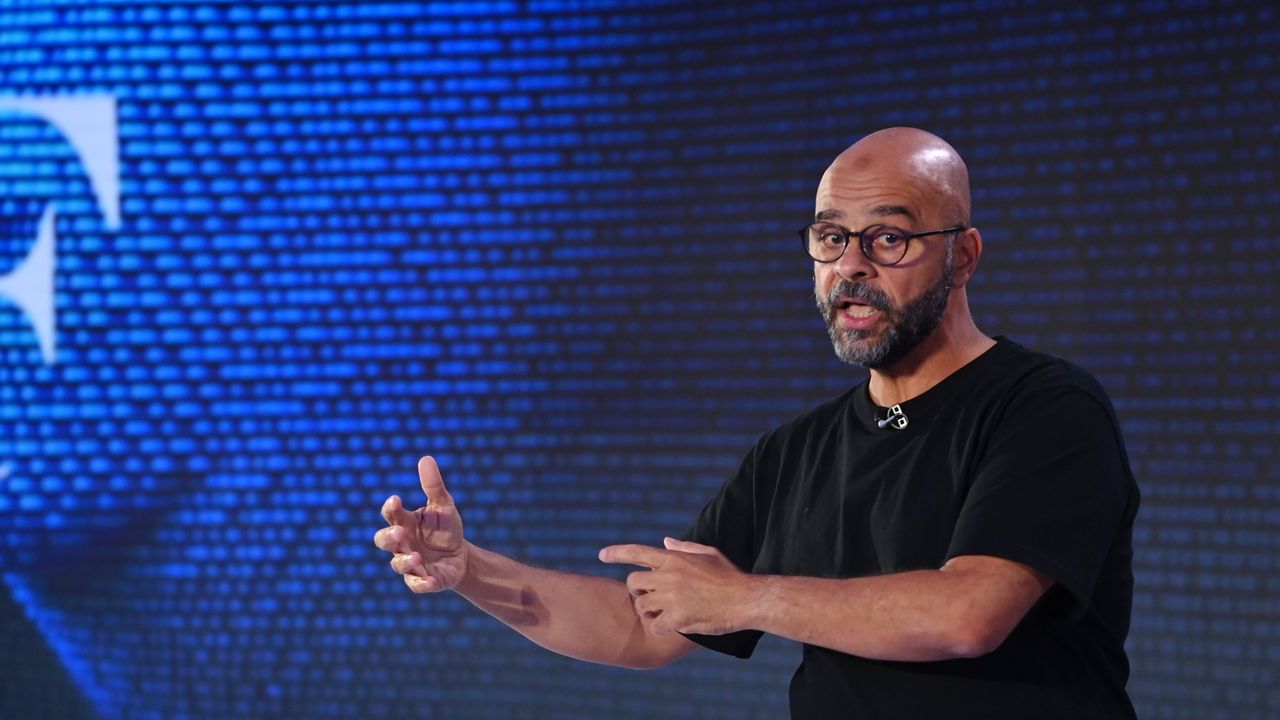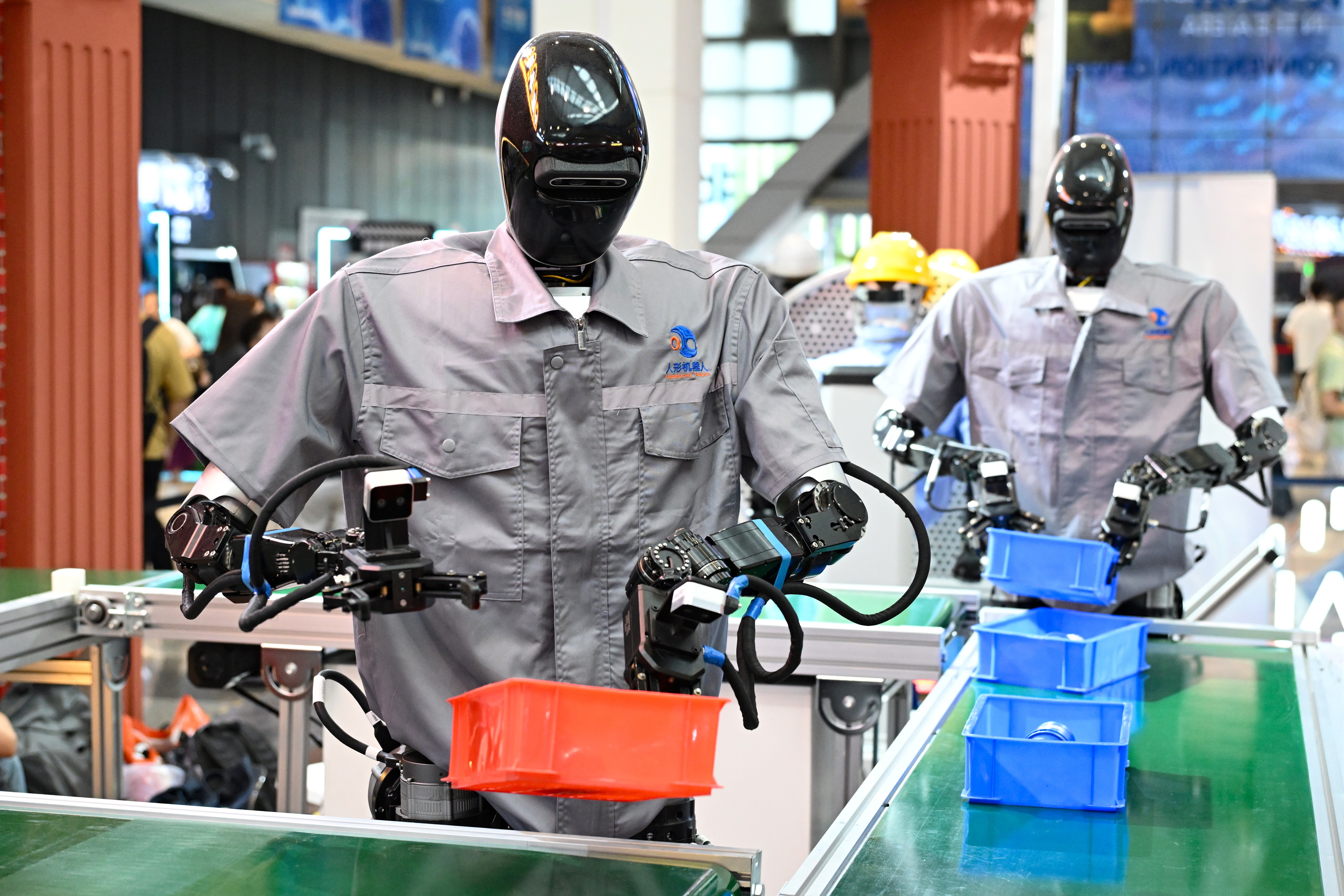
Daily advancements are being made in generative AI, reaching remarkable peaks, but some recent concerns indicate it might have encountered a barrier or started leveling off. This seems to be largely due to the perceived shortage of high-quality data for further training.
Beyond worries about privacy and safety, the rapid advancement of artificial intelligence poses potential challenges for professionals. Initially, in 2022 when ChatGPT was newly introduced, AI was generally perceived as a text-focused technology capable of producing straightforward, chatty replies to emails and messages.
While it’s quickly becoming widespread, this technology is increasingly being utilized by businesses worldwide to streamline repetitive tasks in workflows, thereby creating extra time for complex tasks. Yet, as the tech progresses, some companies are opting for a drastic shift, choosing instead to dismiss their employees and replace them with AI to reduce expenses.
This year, it was announced by Salesforce CEO Marc Benioff that there were serious considerations about recruiting software engineers in 2025. Later on, he disclosed that AI was taking care of nearly half of the company’s tasks, highlighting substantial productivity improvements due to the implementation of autonomous AIs.
In the past month, a Microsoft report highlighted 40 occupations with a high likelihood of automation through artificial intelligence. These jobs span various fields such as writing, editing, telecommunications like phone operators and radio DJs, and technology-related roles like web development, among others.
A post shared by Artificial Intelligence (AI) (@artificialintelligenceee)
A photo posted by on
Some executives contend that incorporating AI into work processes doesn’t have to be detrimental. Recognizing that the technology may make certain jobs redundant, they also believe it could generate fresh employment possibilities.
Mo Gawdat, who served as the former Chief Business Officer at Google X, shares similar views with Microsoft’s co-founder Bill Gates. They both believe that artificial intelligence (AI) will likely take over most tasks, including entry-level jobs. In an interview on the Diary of a CEO podcast, Gawdat expressed his opinion bluntly, stating that the notion of AI creating new jobs for humans is essentially false or misleading.
He demonstrated the power of his AI startup, Emma.love, to emphasize his point even more. He mentioned that he successfully developed the app with just two other software developers, a feat that would have previously demanded the workforce of approximately 350 developers.
In the opinion of Gawdat, advanced artificial intelligence could eventually surpass human capabilities in all areas, including leading as a CEO. At some point, it is likely that many inadequate CEOs may be replaced by these intelligent systems.
As an analyst, I’d rephrase that statement as follows: Dario Amodei, CEO of Anthropic, has suggested that AI technologies may soon lead to a reduction of up to 50% in entry-level white-collar positions. This potential shift could pose challenges for fresh graduates and members of Generation Z who are already navigating a competitive job market. However, it’s important to note that Amodei, a former executive at Google, emphasizes that an AI-driven world is not inherently negative. Instead, it presents opportunities for innovation and growth in the workforce, albeit requiring a shift in focus towards skills that complement AI capabilities.
It’s unnatural for us to rise each day only to spend most of it on work. This isn’t our true nature. Instead, we’ve come to see work as the essence of our existence, but that’s a misconception rooted in capitalism.
Mo Gawdat, former CBO at Google X
The recent Microsoft Work Trend Index report from June shows that many workers find themselves trapped in an endless workday, leading them to bring work home and continue working late into the evening. In fact, some individuals have commented that Sunday now feels more like a workday than Monday used to be.
Due to the use of artificial intelligence, employees have discovered creative methods to utilize AI in order to break free from the constant cycle of tedious work, often by automating routine tasks. This allows for a more balanced lifestyle between work and personal life.
We’ll need a universal basic income (UBI) in an AI-driven world

If artificial intelligence begins to perform jobs traditionally done by humans, it raises questions about how people will earn a living and meet ongoing requirements. One possible answer could be universal basic income (UBI), a social welfare idea where the government distributes a set amount of money to every individual on a regular basis, ensuring that essential needs are met.
However, Gawdat pointed out that the concept isn’t perfect as it could fall prey to “power hunger, selfishness, and self-importance,” since these tools might be under the control of “unwise leaders.” Elon Musk also suggested a similar notion last year when he predicted that AI would eventually replace human jobs, transforming work into a leisure activity.
In the early part of this year, Mustafa Suleyman, the CEO of Microsoft’s AI division, asserted that AI is swiftly transforming everything around us. He suggested that instead of traditional money, or “hard dollars,” intelligence could become more valuable, a notion he referred to as Universal Basic Provision (UBP).
In the AI-dominated future, although the executive acknowledges that humans will continue to require some cash, its worth will significantly diminish in comparison to intelligence. This executive posits that intelligence, rather than cash, will be the key to amassing wealth, thereby suggesting a potential future where people might need less conventional income for their daily needs compared to what we need today.
Read More
- How to Get the Bloodfeather Set in Enshrouded
- Gold Rate Forecast
- Where Winds Meet: How To Defeat Shadow Puppeteer (Boss Guide)
- 32 Kids Movies From The ’90s I Still Like Despite Being Kind Of Terrible
- Survivor’s Colby Donaldson Admits He Almost Backed Out of Season 50
- Meet the cast of Mighty Nein: Every Critical Role character explained
- Best Werewolf Movies (October 2025)
- Best Controller Settings for ARC Raiders
- Auto 9 Upgrade Guide RoboCop Unfinished Business Chips & Boards Guide
- 10 Movies That Were Secretly Sequels
2025-08-11 14:11